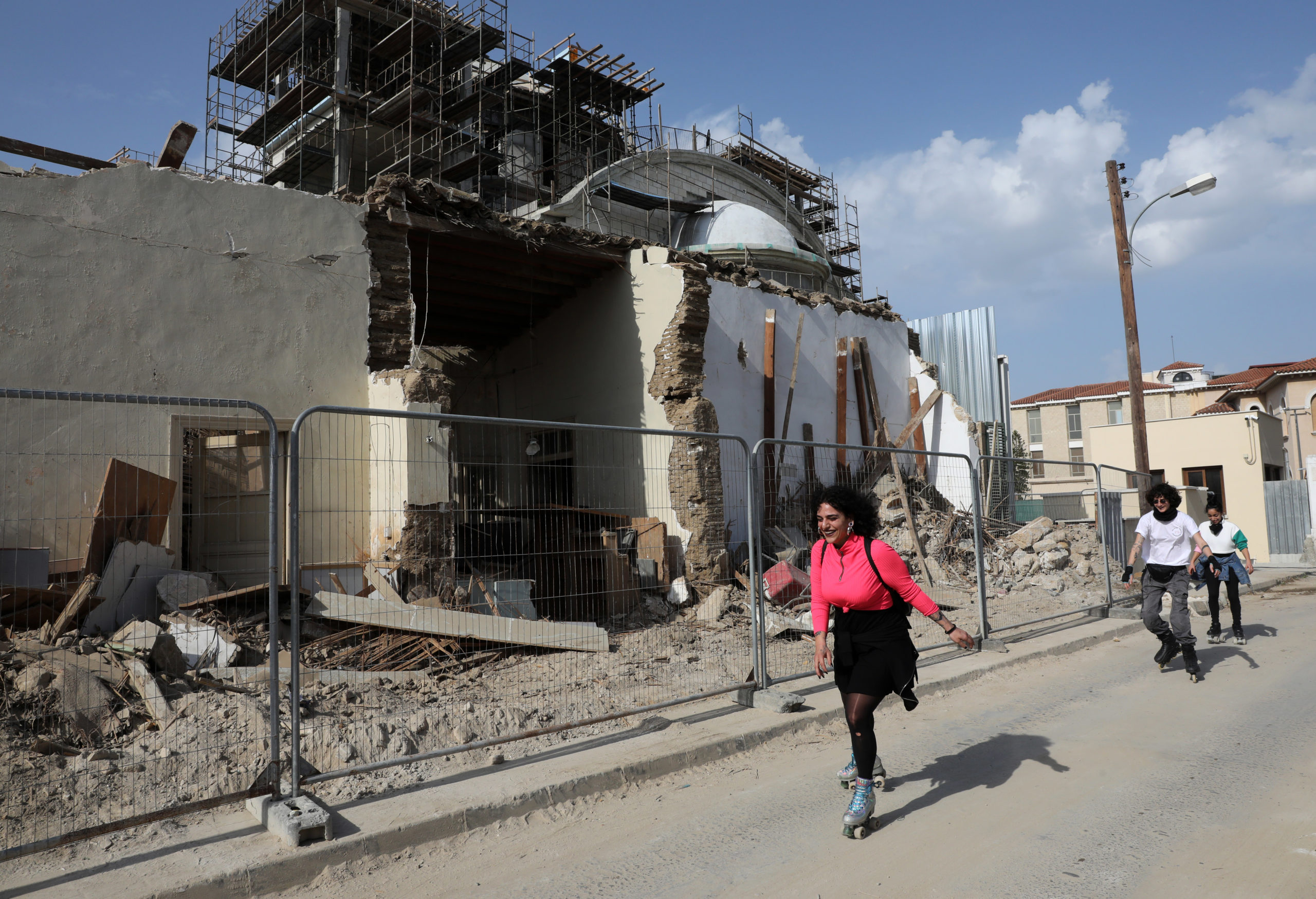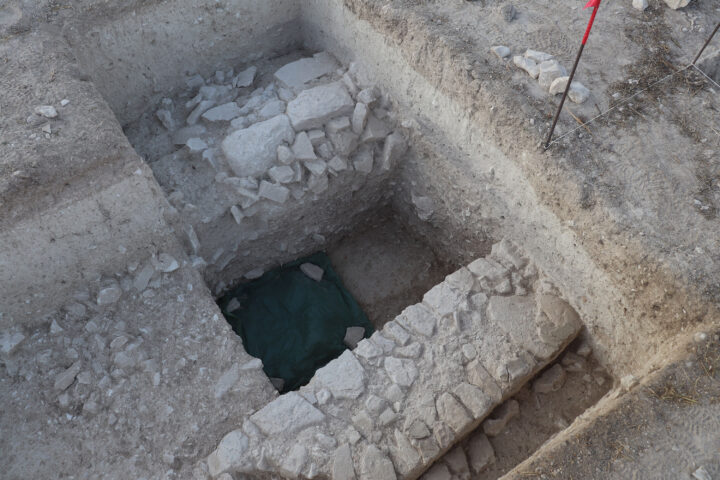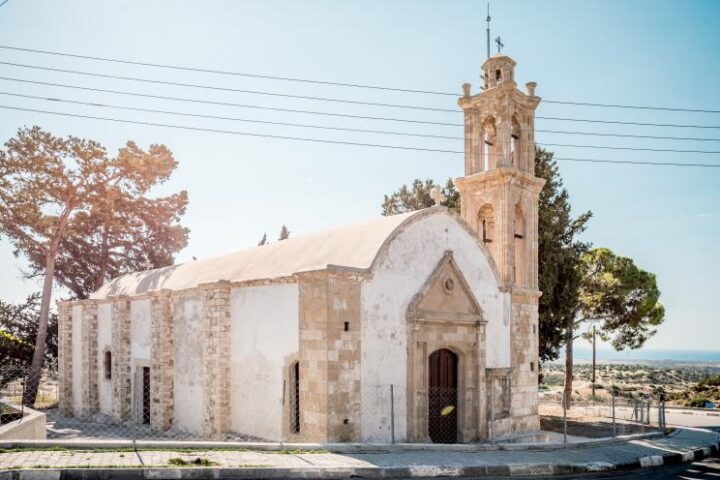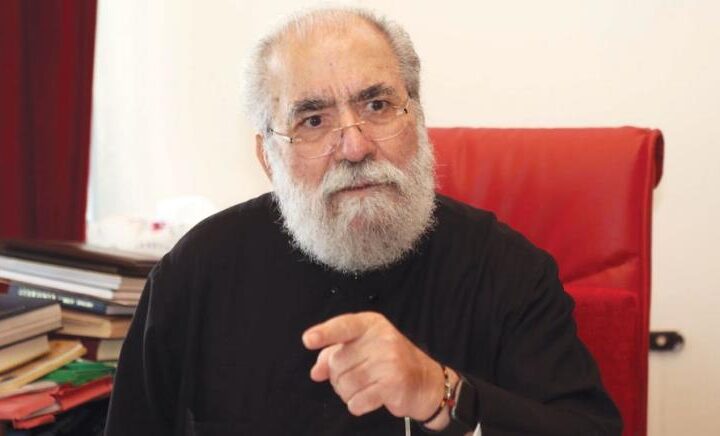Losing your religion during this pandemic is understandable, or you may have found the faith to stay positive amid the carnage and uncertainty.
Whatever your state of mind, the Cyprus Orthodox Church has no interest.
It takes Cypriot faithful for granted while not worrying about losing a few on the road to Damascus.
If its spiritual clarity and guidance you seek, this is not the Church to provide it.
No, the Cyprus clergy are not worried about leadership, humility, charity, or selflessness.
They are not here to help or keep us safe through the pandemic.
The clergy is in the self-preservation business of building churches, expecting people to attend out of a sense of duty.
If the Church bothered to look outside, it would see that COVID is killing their elderly flock.
Younger generations are not in the bible business or seeking salvation.
Some among the clergy have failed to respect the pandemic or social distancing among churchgoers.
With its power and influence, the Church should be driving the message home about staying safe, helping local communities survive the mental and financial consequences.
I am sure individual priests are doing tireless work but, the Church, as an institution is more interested in generating wealth than saving souls.
It would rather build multi-million-euro cathedrals than feeding the poor or protect our national heritage.
In times of crisis, the Church has an opportunity to shine, lead by example, show courage in its conviction.
It is influential, wealthy and yields political power which it seems to use for its own benefit.
Public opinion
Archbishop Chrysostomos II is unswayed by public opinion, otherwise, he wouldn’t have sent the bulldozers to knock down listed buildings in old Nicosia.
Like a wily politician, he has pledged to rebuild what can’t be undone, arguing he had to smash them down because one home had suffered structural damage.
He didn’t ask for advice from the authorities or permission to do what he did, because institutions like the Church are above the law or judgement of mortals.
Although the Church was unapologetic amid the public outcry, it disingenuously claimed to try to save the protected buildings by making them disappear.
Arguably, it did not want a row of shabby old buildings to spoil the façade of a shiny domed Church towering above the historic neighbourhood.
Whatever the excuse given for the action, it was done without permission, and entirely illegal.
Nicosia Municipality and the Interior Ministry described the partial demolition as an “arbitrary and illegal” act.
Therefore, the Church showed complete disrespect for the law, gave no apology or public explanation in the realisation it would all blow away in a country of rule breakers.
If the crumbling homes circa 1927 were at risk of collapse, how is knocking them into rubble supposed to help preserve them?
As listed buildings, they should be preserved, protected, repaired, or restored with the same materials they were built.
That means not putting the rubble in a skip and dumping it in a landfill site.
Unfortunately, this is how we treat our cultural heritage, if it is not a remote archaeological site – knock it down, build something ugly in its place.
History is a living, breathing thing, it cannot be killed or destroyed, no matter how much you want to paint over it.
Cypriots are good at putting history in a box out of harm’s way in the attic of our collective amnesia.
Why not restore the older cathedral in a makeover for the entire church complex nestled in Nicosia’s medieval centre.
But this is typical of how we view architecture, town planning or cultural heritage, if it isn’t a thousand years old it’s not worth preserving or saving.
The same attitude is how we approach nature or animal habitats, stick a road through it, plunk a housing estate on top of it or cut all the trees down spoiling the view.
Everyone agreed what the Church did was unacceptable, an abomination.
But the mud won’t stick, the buildings will undergo perpetual restoration in purgatory.
What should worry us about the heritage slaying, is its execution in disregard for public sentiment or the law.
Is this the lasting legacy we want to bestow on future generations, one devoid of cultural or moral relevance?










